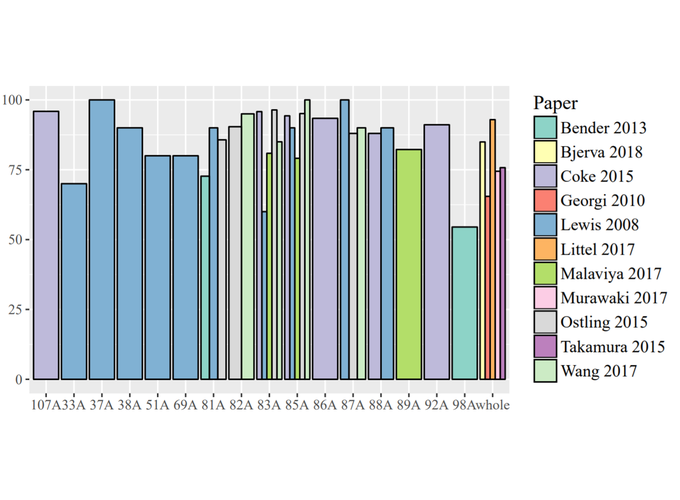Modeling Language Variation and Universals: A Survey on Typological Linguistics for Natural Language Processing

Modeling Language Variation and Universals: A Survey on Typological Linguistics for Natural Language Processing
Abstract
Linguistic typology aims to capture structural and semantic variation across the world’s languages. A large-scale typology could provide excellent guidance for multilingual Natural Language Processing (NLP), particularly for languages that suffer from the lack of human labeled resources. We present an extensive literature survey on the use of typological information in the development of NLP techniques. Our survey demonstrates that to date, the use of information in existing typological databases has resulted in consistent but modest improvements in system performance. We show that this is due to both intrinsic limitations of databases (in terms of coverage and feature granularity) and under-utilization of the typological features included in them. We advocate for a new approach that adapts the broad and discrete nature of typological categories to the contextual and continuous nature of machine learning algorithms used in contemporary NLP. In particular, we suggest that such an approach could be facilitated by recent developments in data-driven induction of typological knowledge.